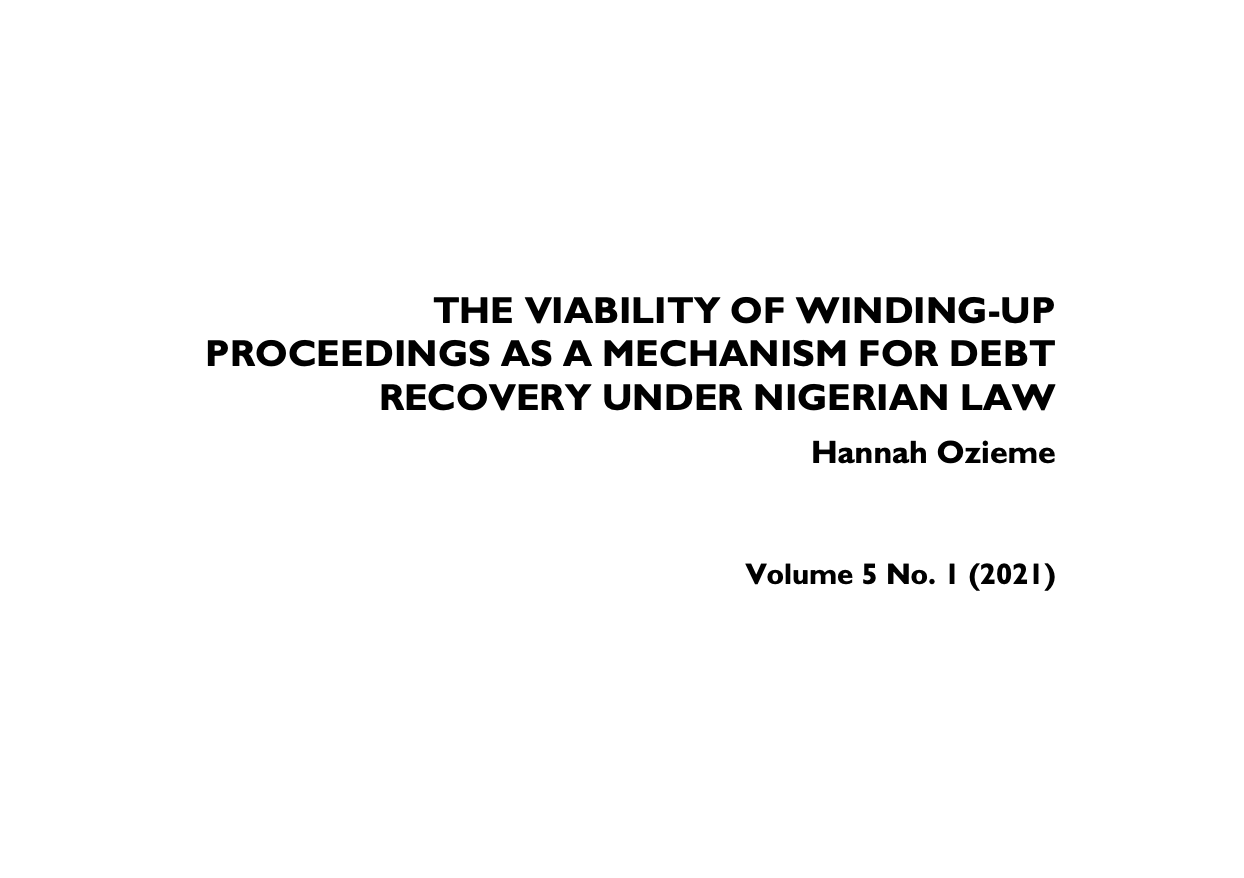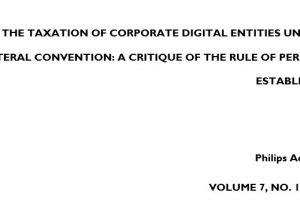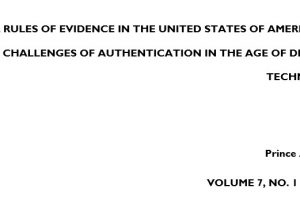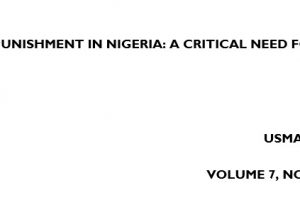THE VIABILITY OF WINDING-UP PROCEEDINGS AS A MECHANISM FOR DEBT RECOVERY UNDER NIGERIAN LAW
Introduction
Debt is an inevitable offshoot of the business ecosystem. To fund day-to-day operations and long-term goals, companies typically take on some degree of debt financing, usually by way of loans. In some instances, these companies are unable to fulfil their repayment obligations to the lenders or creditors from whom the loans are obtained, which necessitates the lenders to take steps to recoup the unpaid sums.
Debt recovery encompasses the various techniques enlisted by a creditor to recoup an unpaid sum. Although there are many debt recovery mechanisms available under Nigerian law, it is not unusual for creditors to adopt winding-up proceedings as a medium of debt recovery. This paper is not exhaustive of the law on winding-up of companies in Nigeria. However, it extensively analyses the utilitarian value of employing winding-up proceedings as a technique of debt recovery under Nigerian law, highlighting its pitfalls and challenges.
This paper concludes that as an insolvency procedure, the aim of winding-up a company is to liquidate and thereafter terminate its existence and not solely to recover debt. Hence, whilst the process of winding-up a company involves settling its collective debt obligations, thus presenting a window of opportunity for individual creditors to recoup outstanding debts, it cannot stricto sensu be said to be a mechanism for debt recovery. Therefore, depending on the peculiarities of the creditor in question, winding-up proceedings may not be a feasible mode to recover debt in Nigeria.
To read the full article, click here.
UNILAG Law Review, (2021) Volume 5 Edition 1.




